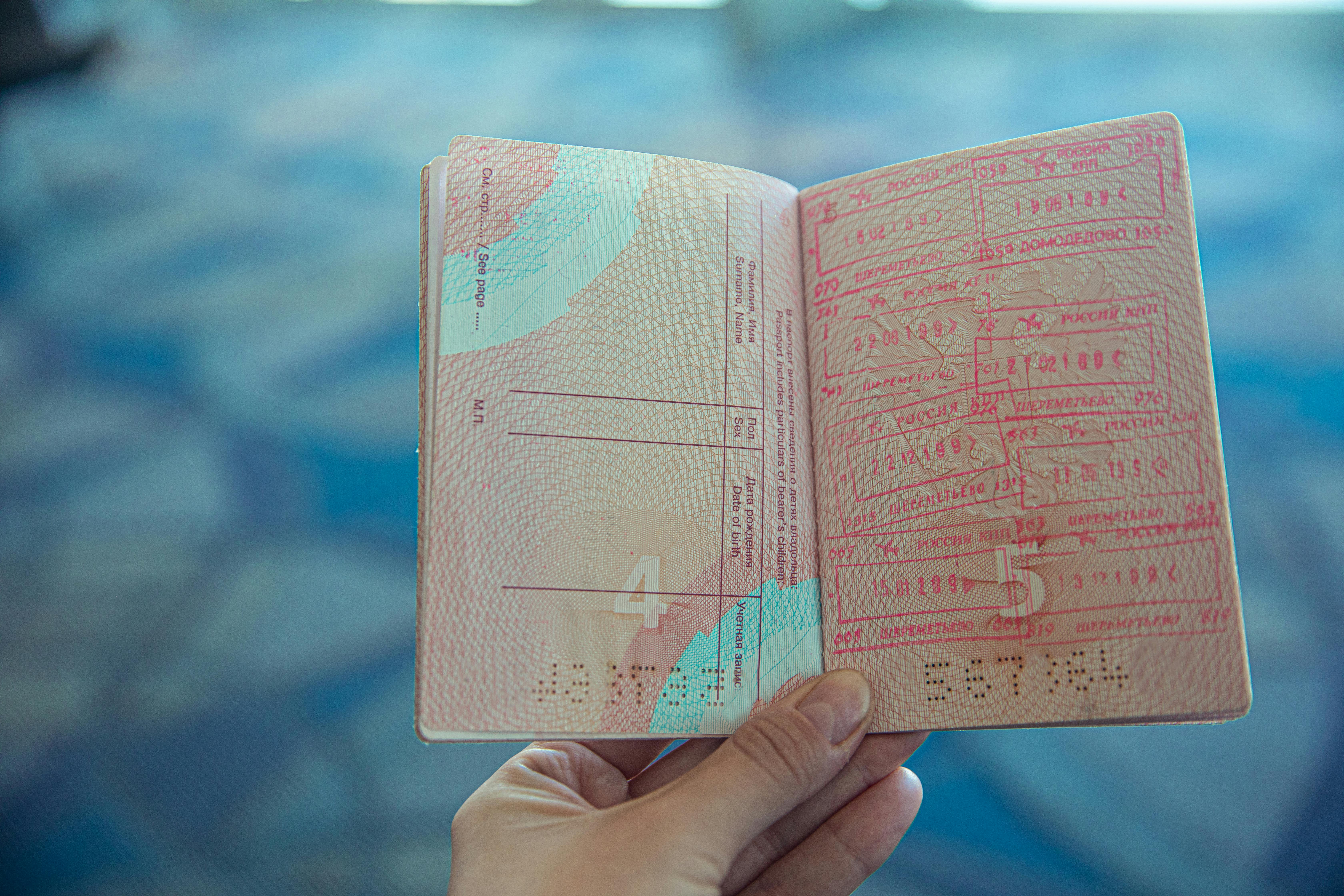
Introduction
In recent times, the application process for U.S. visas has undergone significant changes, especially affecting non-resident visa seekers. The latest requirement mandates that applicants disclose their social media handles used in the past five years on the DS-160 application form. This change, communicated by the U.S. Embassy in India, highlights the importance of transparency in today’s digital age and the role social media plays in the visa evaluation process.
What Does the Rule Say?
According to the official guidelines, visa applicants are required to report all usernames and handles associated with various social media platforms. This includes, but is not limited to:
- X (formerly known as Twitter)
- TikTok
- YouTube
Importantly, this rule covers both active and passive accounts, meaning even if an account hasn’t been used recently, if it was established within the last five years, it must be disclosed. The purpose of collecting this information stems from enhanced safety protocols implemented by the U.S. government. These efforts aim to ensure transparency and investigate potential threats.
What Happens If Information Is Misrepresented?
Failing to disclose social media accounts can lead to serious consequences for visa applicants:
- Immediate visa denial
- Extended processing times due to further scrutiny
- Possible flags on future visa applications, complicating the process for subsequent attempts
It is crucial to recognize that intentional omission of social media identifiers might be viewed as an attempt to mislead officials, which could jeopardize future travel plans to the U.S.
Reasons Behind the New Requirement
The U.S. Department of State has introduced this requirement as part of broader national security measures. By scrutinizing social media activity, officials believe they can more effectively verify identities and uncover patterns that pose security risks. This aligns with a growing global trend where immigration and border control authorities utilize publicly available online information to conduct thorough background checks on applicants.
Steps To Take as an Applicant
For those applying for a U.S. visa, it is vital to take the following steps:
- Review all social media accounts and usernames used in the past five years.
- Compile a comprehensive list of all relevant handles as they appear on the respective platforms.
- Do not overlook any accounts, even those that seem insignificant; every handle matters.
- Be honest and transparent in your disclosures, as it is better to provide all information than risk missing anything.
Final Thoughts
This recent update serves as a crucial reminder for Indian visa seekers and international travelers alike. In an era dominated by digital presence, a comprehensive online identity is essential. Honesty and clarity in the DS-160 form is imperative for a smooth visa processing experience. Whether you are a student, a professional, or a tourist, compliance with this new requirement is not optional—it is a necessary step towards receiving U.S. visa approval.
Stay informed about the latest developments from official embassy announcements, and ensure that your visa application is accurate and complete. Keeping abreast of new updates about visa policies and technology implications is vital for all applicants.
